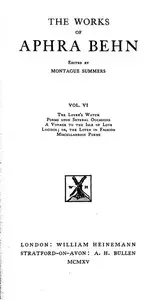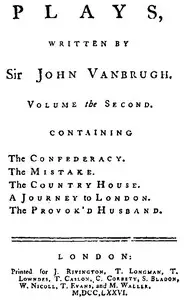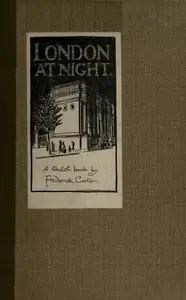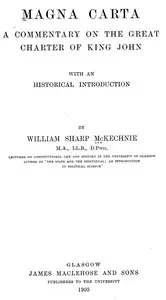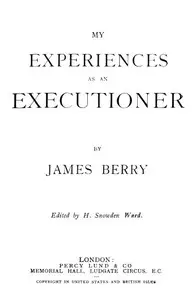"The Works of Aphra Behn, Volume IV" by Aphra Behn is a selection of witty plays from the late 1600s that shine a light on love, tricks, and society's quirks through interesting characters and scenarios. Plays in this volume, like "Sir Patient Fancy," "The Amorous Prince," "The Widow Ranter," and "The Younger Brother," each explore different takes on relationships and social expectations of Behn's time, and offer a unique point of view from one of the first women to write and earn a living in theater. Focusing in on "Sir Patient Fancy," the story presents Sir Patient, a rich and sickly older man with a young wife named Lucia, who is actually in love with someone else, named Charles Wittmore. This sets off comical chaos filled with mix-ups, hidden identities, and sly scheming as everyone tries to find love while dealing with what society expects of them; As Sir Patient gets more and more caught up in his imaginary illnesses, he becomes blinded to what's really going on around him, creating a stage for funny disagreements that will eventually need to be resolved.

The Works of Aphra Behn, Volume IV
By Aphra Behn
Expect wealthy hypochondriacs, secret romances, and hilarious misunderstandings as characters navigate love and society's rules through clever deception and mistaken identities.
Summary
About the AuthorAphra Behn was an English playwright, poet, prose writer and translator from the Restoration era. As one of the first English women to earn her living by her writing, she broke cultural barriers and served as a literary role model for later generations of women authors. Rising from obscurity, she came to the notice of Charles II, who employed her as a spy in Antwerp. Upon her return to London and a probable brief stay in debtors' prison, she began writing for the stage. She belonged to a coterie of poets and famous libertines such as John Wilmot, Lord Rochester. Behn wrote under the pastoral pseudonym Astrea. During the turbulent political times of the Exclusion Crisis, she wrote an epilogue and prologue that brought her legal trouble; she thereafter devoted most of her writing to prose genres and translations. A staunch supporter of the Stuart line, Behn declined an invitation from Bishop Burnet to write a welcoming poem to the new king William III. She died shortly after.
Aphra Behn was an English playwright, poet, prose writer and translator from the Restoration era. As one of the first English women to earn her living by her writing, she broke cultural barriers and served as a literary role model for later generations of women authors. Rising from obscurity, she came to the notice of Charles II, who employed her as a spy in Antwerp. Upon her return to London and a probable brief stay in debtors' prison, she began writing for the stage. She belonged to a coterie of poets and famous libertines such as John Wilmot, Lord Rochester. Behn wrote under the pastoral pseudonym Astrea. During the turbulent political times of the Exclusion Crisis, she wrote an epilogue and prologue that brought her legal trouble; she thereafter devoted most of her writing to prose genres and translations. A staunch supporter of the Stuart line, Behn declined an invitation from Bishop Burnet to write a welcoming poem to the new king William III. She died shortly after.


